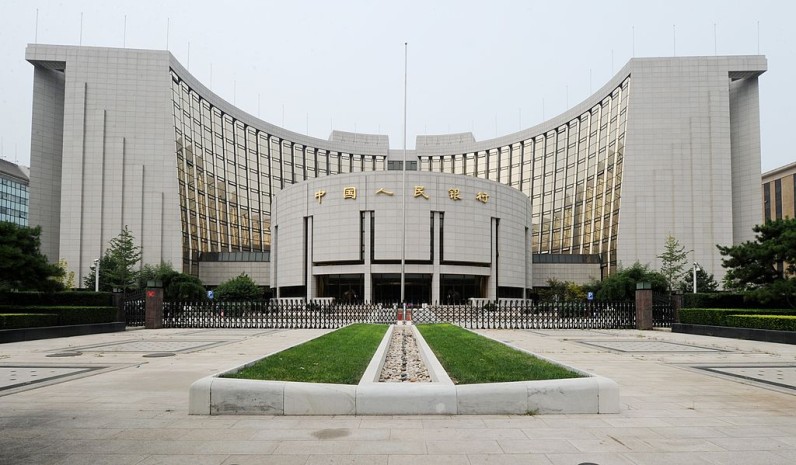In an effort to stimulate its faltering economy, China has committed to lowering the amount of reserves that its banks are obliged to keep on hand as a kind of liquidity at the beginning of the following month.
As of February 5, the reserve ratio requirements for banks will be reduced by 50 basis points, resulting in the provision of one trillion yuan ($139.8 billion) in long-term capital. This was stated by Pan Gongsheng, the governor of the People's Bank of China (PBOC), during a press conference held in Beijing on Wednesday, January 24, as reported by CNBC.

Expanding Loan and Expenditure Capacity
This is the first cut implemented this year following two reductions in reserve requirements from the previous year. Additionally, the PBOC said on Wednesday that there is potential for additional monetary policy relaxation. Lowering the reserve requirements for banks would make it easier for lenders to lend more money, which will boost investment and expenditure across all businesses.
In 2023, the world's second-largest economy had growth of 5.2%, according to data that was revealed the previous week. This growth was much in accordance with official predictions. Its gross domestic product (GDP) print for the fourth quarter fell barely short of the median predictions of experts, which stood at 5.2%.
However, China's senior authorities have warned that the recovery would be "tortuous." Its rebound after the Covid crisis has been weak.
Some of China's biggest real estate developers are in deep debt, so the capital is trying to deleverage the industry while simultaneously encouraging development in certain areas. Consumer confidence has been roiled as a result of this and has increased financial risks.
The Chinese government committed on Monday, Jan. 22, to "strengthen the market's inherent stability" in the face of a decline in the nation's onshore and offshore stock markets.







Join the Conversation